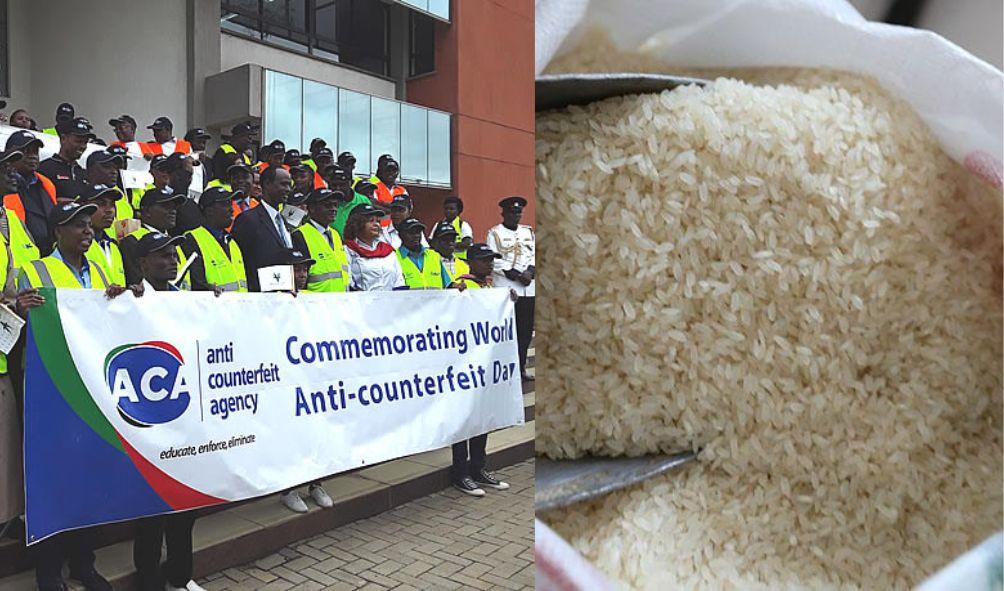Government Reacts to NTV’s Kenya Contaminated Rice Exposé
Anti-Counterfeit Authority (ACA) has refuted claims that government officials hatched a conspiracy to release contaminated rice worth Ksh150 million onto the market.
As reported by the Daily Nation, Nation Africa, and NTV, the authority clarified on Friday, August 25 that allegations of contaminated rice being seized and then released to the public were misleading.
ACA explained that the company on which Nation Media Group based its narrative imported 10,000 bags of rice from Pakistan on or around June 28, 2022.
The Anti-Counterfeit Authority defended itself by stating, “The importation was approved by reputable government agencies based on scientific tests as suitable for human consumption within their respective statutory mandates.”
According to ACA, the Kenya Bureau of Standards approved the rice, which according to the health indicators was due to expire on July 14, 2023.
The authority stated that the Kenya Bureau of Standards, in a laboratory test report dated 17 September 2022 and bearing the reference number BS202223900, determined that the rice was suitable for human consumption because it passed all test parameters.
In addition, the rice was examined and authorized by Kenya Plant Health Inspectorate Service (KEPHIS) via plant importation permit number KEPHIS/PIP/0003435 dated 18 June 2022.
“The importer paid all government duties, including those to the Kenya Revenue Authority, and the shipment was permitted for importation into the country as human-edible food items,” ACA explained.
ALSO READ: Behind Closed Doors: Magnates Securing Exclusive Deals in the Rice and Cooking Oil Industry
In a letter signed by the Anti-Counterfeit Authority’s Chief Executive Officer, Dr. Robi Mbugua Njoroge, the authority acknowledged a controversy that arose on July 26, 2022, when another company filed a formal complaint with the authority alleging intellectual property rights violations and health risks posed by the importer’s rice.
By its legal mandate, the authority seized the rice imported on August 31, 2023, for further investigation.
“By the authority’s investigation procedure, on September 9, 2022, samples were provided to the complainant for analysis, and on September 16, 2022, samples were resubmitted to the Kenya Bureau of Standards for testing.
ACA explained that these measures were taken to ensure that the rice was safe for human ingestion and did not pose a threat to human and public health.
However, according to the Anti-Counterfeiting Authority, all of the issues raised had been thoroughly investigated and cleared after numerous tests and verifications.
According to the Daily Nation, the shipment from Pakistan included more than 10,000 sacks of rice packaged as a well-known brand and valued at an estimated Sh150 million. Except that the rice stored in a warehouse in Shimanzi, Mombasa, was not a recognizable brand. It was a forgery.
By the time the Anti-Counterfeiting Authority (ACA) learned of its presence in Kenya in July 2022, a portion of the rice had reportedly already reached the market.
According to the statement, ACA was alerted by a Thika-based food manufacturer that discovered contaminated rice disguised as its brand. ACA investigated the warehouse in Mombasa and seized the remaining counterfeit rice stocks, but reached an agreement with the importer to release the commodity.
Government Reacts to NTV’s Kenya Contaminated Rice Exposé
